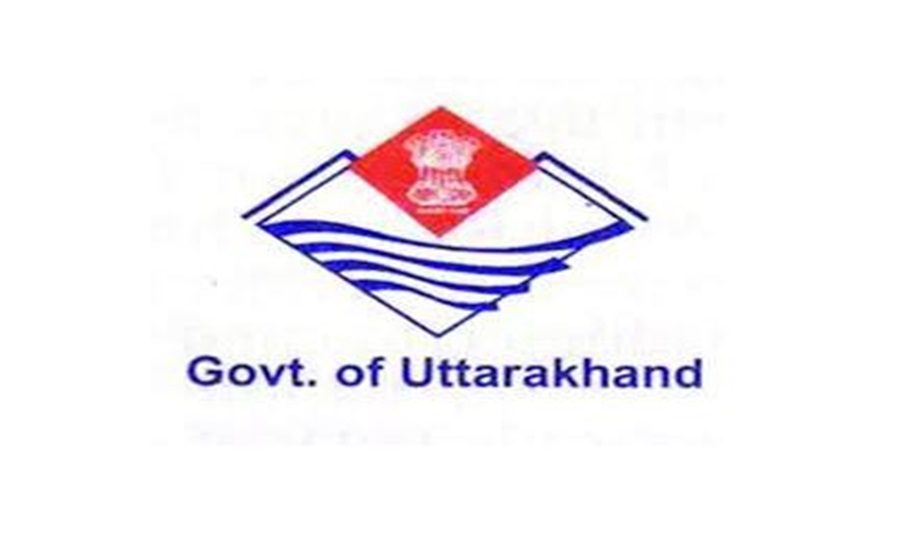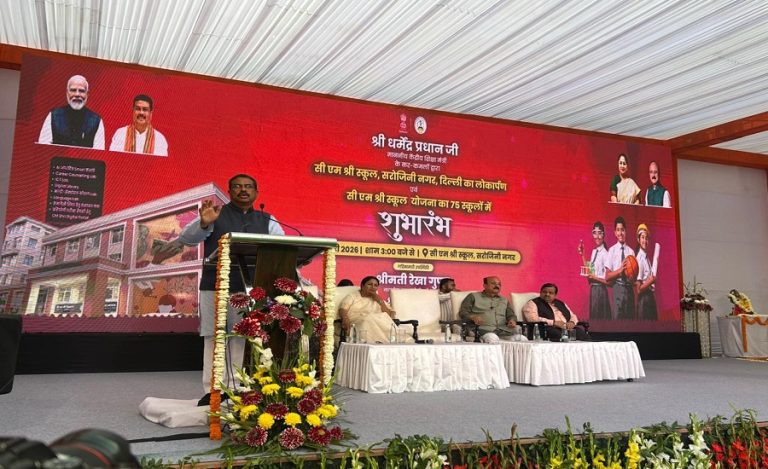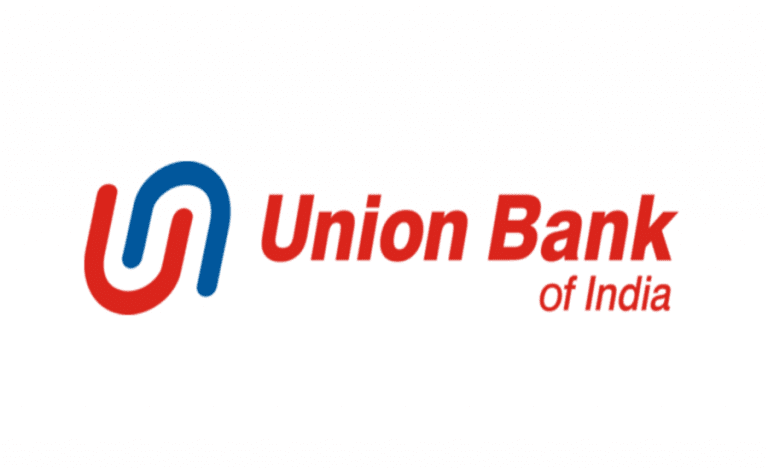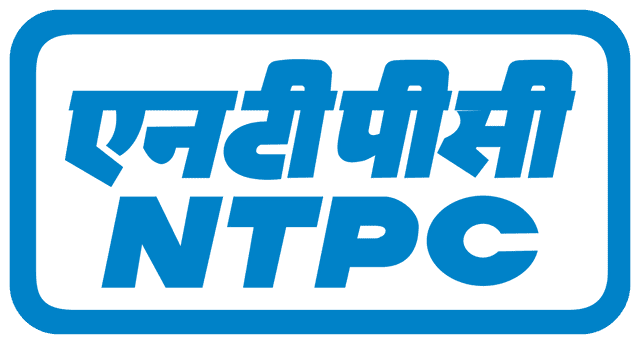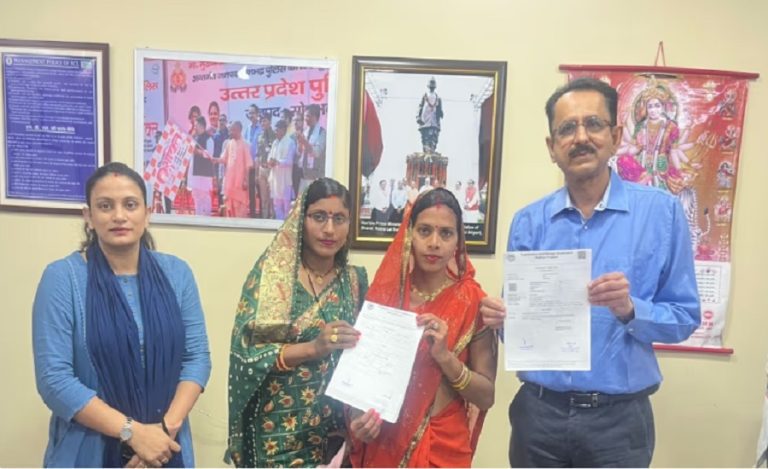In a landmark cabinet meeting chaired by Chief Minister Mr. Pushkar Singh Dhami on June 4, 2025, the Uttarakhand government approved 12 critical proposals aimed at strengthening state infrastructure, environmental sustainability, administrative efficiency, and religious tourism. Held at the Secretariat in Dehradun, the high-level meeting underlined the government’s commitment to delivering reforms that balance modern governance needs with the state’s cultural and ecological significance.
Also Read: Bihar Launches Computer Training Program for Prisoners: Pilot Begins in 3 Central Jails
All cabinet ministers participated in the session, ensuring diverse departmental inputs. Chief Secretary Mr. Shailesh Bagauli (2002-batch IAS officer) later briefed the media on the decisions, highlighting the administration’s transparent and responsive governance model.
Boost to Green Mobility and Environmental Workforce
Among the key decisions was the amendment of the Uttarakhand Motor Vehicle Taxation Reform Act, which now extends tax exemption benefits to hybrid vehicles alongside electric vehicles. This policy aims to ease the transition to clean mobility and aligns with the Centre’s push for reducing vehicular emissions. The cabinet also recognised the contributions of 859 ‘Paryavaran Mitras’ (environmental workers) by including them under the ‘Deceased Dependent Service Rules’, ensuring job security and benefits for their families.
Major Recruitment and Administrative Reforms
In a major overhaul of recruitment procedures, the cabinet approved a unified examination system for the recruitment of constables and sub-inspectors. This move will streamline hiring processes within the police department, ensuring efficiency and uniformity. The Uttarakhand Subordinate Service Selection Commission will also be strengthened with 15 additional positions—one regular and 14 outsourced—allowing it to meet its increasing workload effectively.
The cabinet also cleared the elevation of the Forensic Department to an independent body, with a departmental head separate from the Police Headquarters. This reform is expected to enhance investigative quality through greater operational autonomy and specialisation.
Institutional Strengthening and Human Rights Capacity
Twelve new positions were approved for the Uttarakhand Human Rights Commission, including seven regular and five outsourced roles. This will improve the commission’s ability to address human rights issues more swiftly and comprehensively.
Badrinath Dham to Get Artistic and Spiritual Makeover
In a push to elevate religious tourism, the cabinet approved four aesthetically rich projects for Badrinath Dham as part of its master plan. These include the construction of a Shesh Netra Lotus Ball at the lakefront, a Sudarshan Chowk artwork at the Arrival Plaza, a Tree and River Sculpture at Badri Narayan Chowk, and a symbolic Sudarshan Chakra installation. These artistic additions aim to enhance the spiritual ambiance and cultural appeal for pilgrims.
Fiscal Transparency and Cleanliness Policy Implementation
To strengthen public financial accountability, the cabinet approved a separate bank account for managing funds related to the Uttarakhand Cleanliness Mobilization Change Policy. This dedicated account will ensure efficient fund tracking and better utilisation of resources allocated for cleanliness drives across the state.
Conclusion
The cabinet’s multi-faceted decisions reflect Chief Minister Mr. Pushkar Singh Dhami’s forward-looking vision for Uttarakhand. From green transportation incentives and recruitment efficiency to institutional reform and cultural preservation, the proposals collectively lay the groundwork for a more modern, inclusive, and sustainable Uttarakhand. The government’s balanced emphasis on environment, employment, and spiritual tourism places the state on a strong trajectory for long-term growth and responsible development.

